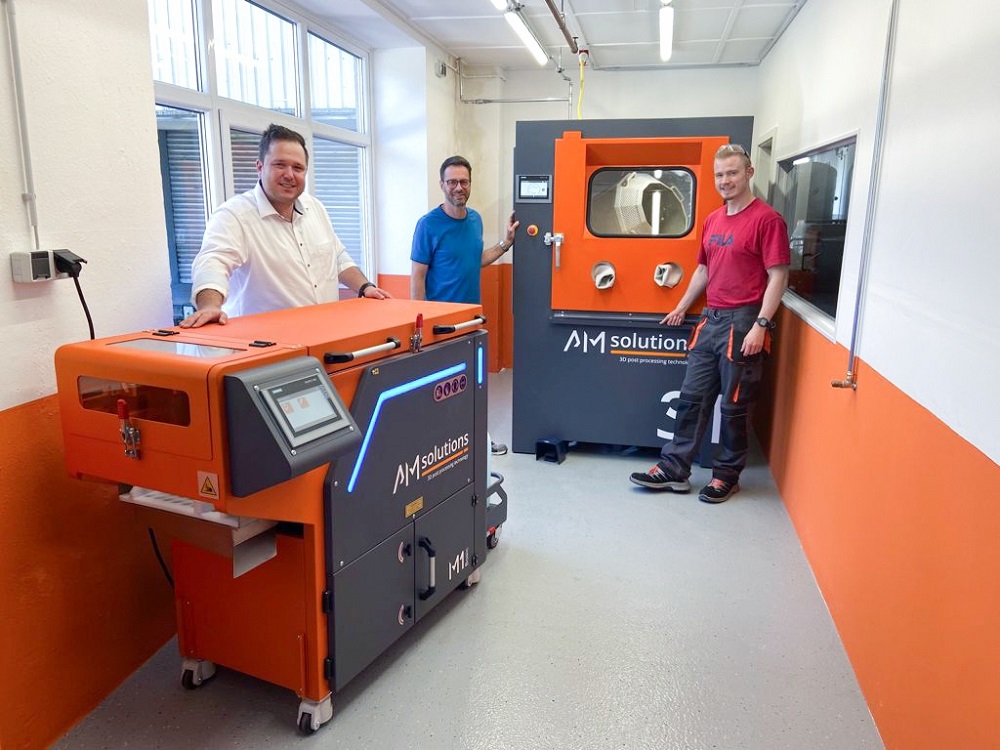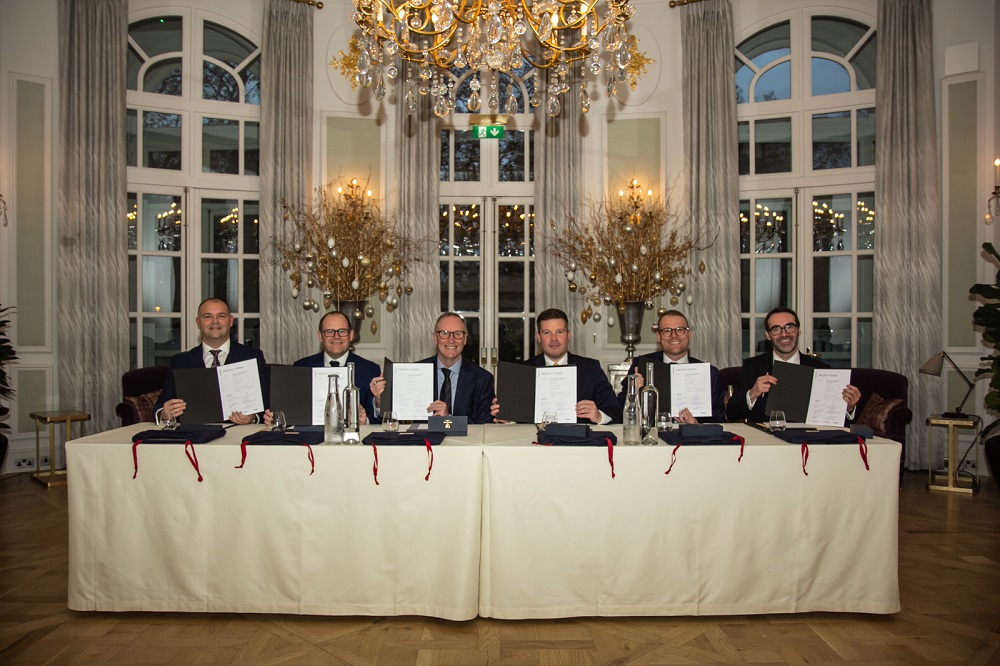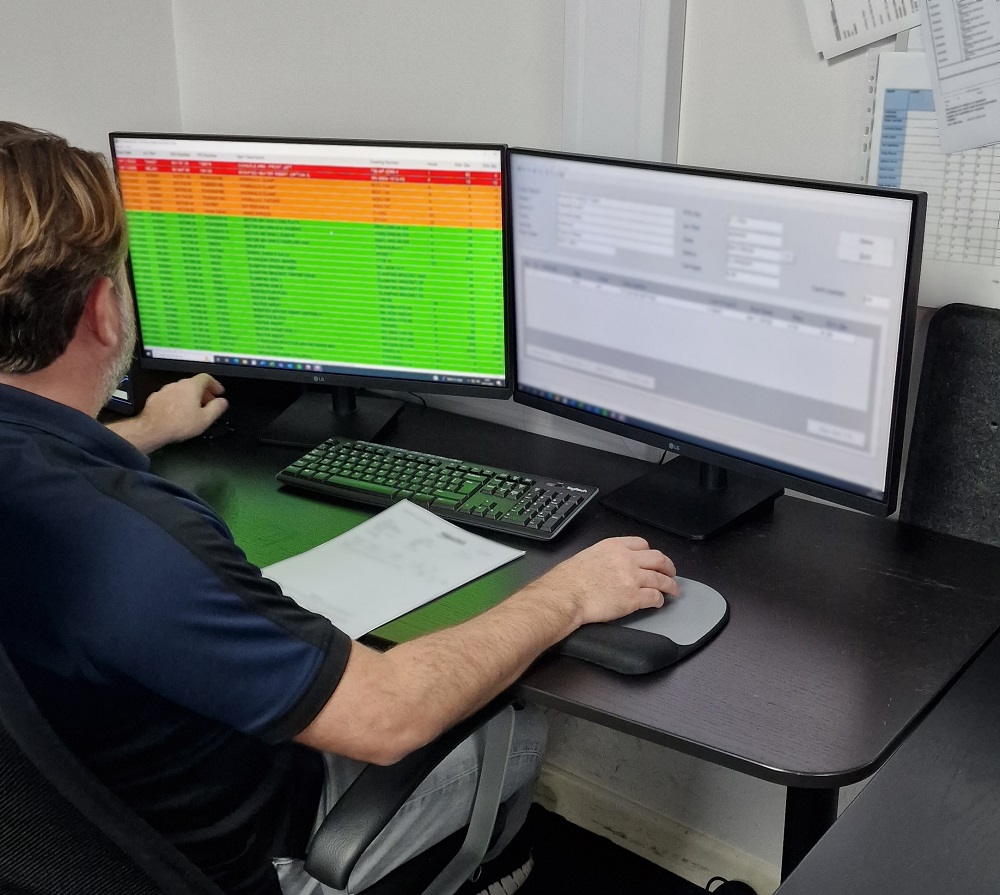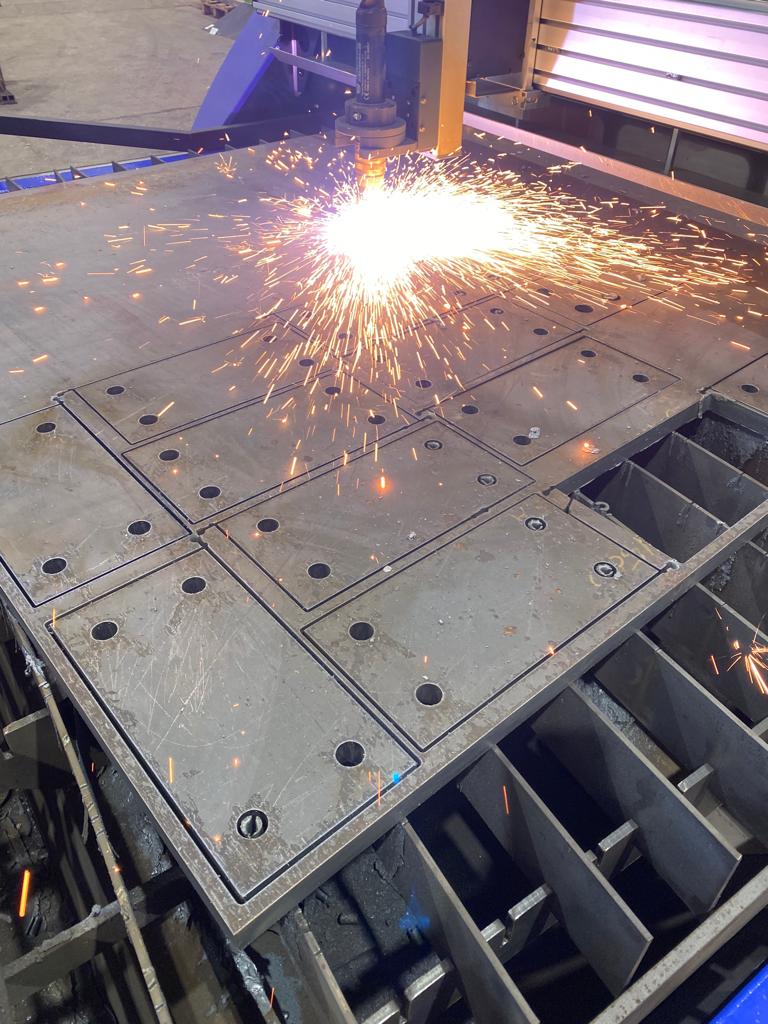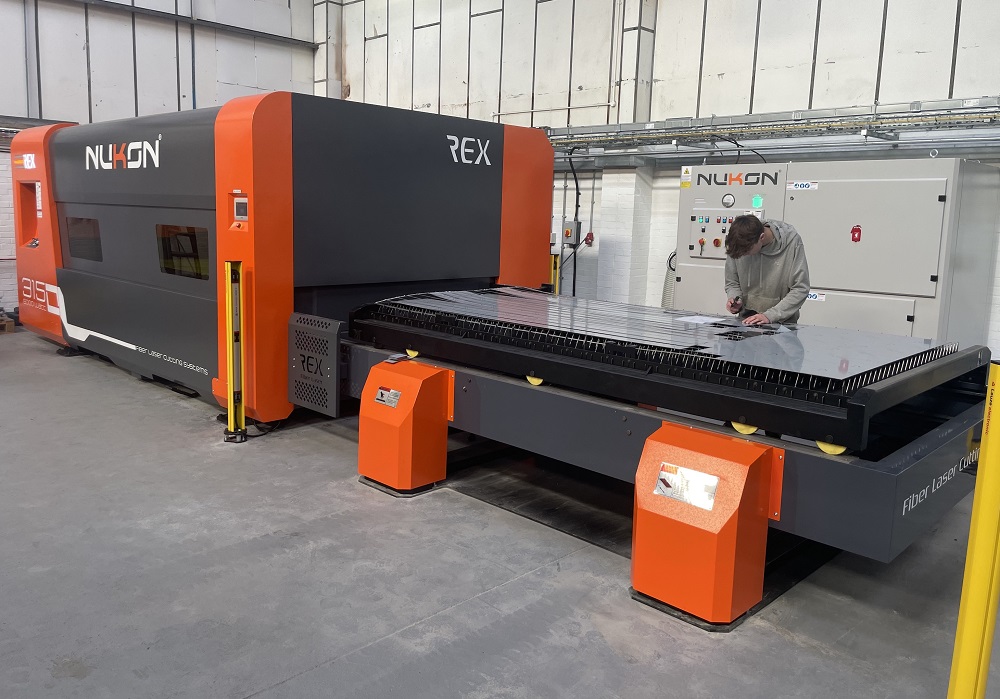When it started offering ready-to-install 3D printed plastic and metal components to customers, metal processing job shop Klaus Stöckerinitially utilised manual post processing methods. However, due to rapidly growing demand and stricter requirements for the process stability and consistency of the post processing operation, the company took a new approach: it purchased automated S1 systems for de-powdering and M1 for effective surface smoothing and homogenisation from AM Solutions, a brand of the Rösler Group. Based on excellent results, the commissioning of a second M1 system, representing a cost-efficient alternative to chemical smoothing, recently took place at the job shop.
With around 40 employees, Klaus Stöcker founded in 1990, offering a wide range of services in the field of machining. This includes turning, milling, sinking and wire EDM, face and circular grinding, assembly, and measuring using state-of-the-art machinery. The company also fabricates its own tooling, fixtures, gauges and special machinery. It serves customers in the automotive, pharmaceutical, food and machinery building industry.
In 2016 Stöcker began offering 3D printed plastic and metal parts, and has since installed 16 3D printers. The company is producing components made from different types of plastic, including PA 6 and PA 12, but also materials re-enforced with glass, carbon and Kevlar fibre using the FDM/FFF and SLS printing methods. The stereolithographic system (SLA/PJM) is primarily for printing optical components with different technical characteristics and in different colours, whileselective laser melting (SLM) and atomic diffusion additive manufacturing (ADAM) are used to make metal components from aluminium alloys, different types of stainless steel and various tool steels.
Automated post processing is an important part of the manufacturing process. Stöcker quickly realised that as job shop it can only be successful, if it offers services within the entire process chain, not just the printing operation.
Manager of additive manufacturing at Stöcker, Arnd Meller, explains: “On one hand, this includes a comprehensive consultation with our customers to determine if a component can be made with additive manufacturing and, if yes, which design changes are required, and which printing technology and material is most suitable. On the other hand, post processing is an important operation that allows us to supply our customers with ready-to-install components.”
In the beginning, the post processing operation took place manually with tools that were available internally. For example,laser-sintered plastic parts were cleaned in a manual blast cabinet. However, the rapidly growing demand and stricter requirements for process stability and consistency of the post processing operation was no longer possible with conventional methods. Therefore, the company started looking for automated solutions. Important considerations were product quality, operational safety, total cost of ownership (TCO) and ease of operation.
“In the end it was the excellent expert advice and comprehensive experience in surface treatment that made us decide to purchase our post processing equipment from AM Solutions,” says Meller. Furthermore, I was really impressed by the manufacturing depth of AM Solutions/Rösler at their site in Untermerzbach.”
Initially, cleaning of the components with the S1 system was the only subject of the discussions. For the surface refinement of its 3D printed components the company was pursuing different solutions, such as chemical smoothing. However, during a visit at the Customer Experience Centre of AM Solutions, Meller was really surprised to learn that the M1 Basic produces excellent results within relatively short cycle times.
Many customers demand surface smoothing and homogenisation of plastic components, including lower surface roughness readings.With the M1 Basic, AM Solutions can offer a system that fulfils these demands quickly with absolutely repeatable results and a high degree of process stability.
Meller concludes: “For many components the mass finishing technology represents an excellent alternative to chemical smoothing. The smoothing process is significantly more cost-effective, providing us with a considerable competitive advantage. No doubt, the expert knowledge of AM Solutions, based on Rösler’s comprehensive expertise in mass finishing technologies and the development and production of suitable media, also plays an important role.”
The M1 Basic is a compact plug-and-play finishing system with integrated process controls that allows the surface grinding, smoothing and polishing of 3D printed plastic and metal components. Equipped with an integrated process water cleaning and recycling system and a 230 V connection, the M1 Basic integrates easily into practically any production environment as stand-alone unit. The machine allows the finishing of entire workpiece batches or single components with dimensions of up 550 x 150 x 130 mm (L x W x H) and with different shapes. It is possible to adapt the system easily to all kinds of finishing tasks.
Users can store workpiece-specific programs in the equipment controls. Furthermore, it is possible to divide the standard processing bowl into two separate chambers, allowing the simultaneous finishing of different workpieces with different finishing processes.
The use of the M1 Basic in the AM department at Stöcker proved so successful that the company purchased a second machine for the surface finishing of metal.
For further information www.solutions-for-AM.com







